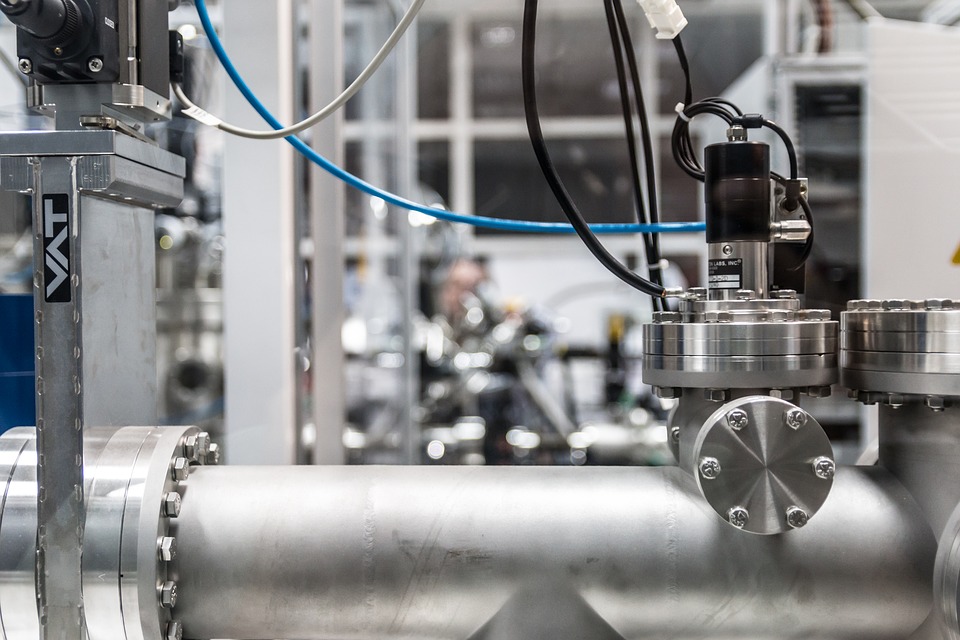Maintaining stringent hygiene standards and ensuring product safety are paramount in the food and dairy industries. One critical aspect that plays a vital role in achieving these goals is equipment sealing. Effective sealing solutions prevent contamination, ensure operational efficiency, and comply with regulatory standards. However, the unique challenges posed by these industries require specialized solutions. This blog post will explore the common sealing challenges faced in food and dairy equipment and discuss strategies to overcome them.

The Importance of Proper Sealing in Food and Dairy Equipment
Seals are essential in food and dairy equipment, preventing leaks, contamination, and equipment failure. Given the sensitive nature of these industries, seals must adhere to strict regulations set forth by bodies such as the FDA and the EU. Proper sealing not only ensures the quality and safety of food products but also extends the lifespan of the equipment and reduces maintenance costs.
Common Sealing Challenges in Food and Dairy Equipment
1. Temperature Extremes
Food and dairy processing often involves exposure to extreme temperatures, from the high heat used in pasteurization to the low temperatures required for storage. Seals must withstand these temperature fluctuations without degrading or losing their effectiveness.
Solution: Use materials like PTFE (Polytetrafluoroethylene) and silicone, which are highly thermal stable and can maintain their sealing properties across a wide temperature range.
2. Chemical Exposure
Cleaning and sanitization processes in the food and dairy industries use harsh chemicals. Seals must resist degradation caused by frequent exposure to cleaning agents, acids, and other chemicals.
Solution: Opt for chemically resistant materials such as EPDM (Ethylene Propylene Diene Monomer), FKM (Fluoroelastomer), or PTFE, which offer excellent resistance to various chemicals.
3. Wear and Tear
Food and dairy equipment seals are subject to constant motion and friction, leading to wear and tear over time. This can compromise the seal’s integrity and result in leaks or contamination.
Solution: Utilize high-performance materials like UHMW-PE (Ultra-High Molecular Weight Polyethylene) or PTFE, known for their low friction and high wear resistance, ensuring longer seal life and reliability.
4. Hygiene and Cleanability
Maintaining hygienic conditions is crucial in food and dairy processing. Seals must be easy to clean and not harbor bacteria or other contaminants.
Solution: Choose non-porous, easy-to-clean materials like PTFE and silicone. Additionally, seals should be designed to minimize crevices where bacteria can accumulate.
5. Regulatory Compliance
Seals must comply with stringent regulatory standards to ensure food safety. This includes FDA, EU, and other international standards that dictate material composition and performance.
Solution: Ensure all sealing materials are certified and compliant with relevant industry standards. Regularly review and update materials and designs to meet evolving regulations.
Innovative Sealing Solutions for Food and Dairy Equipment
- Encapsulated O-rings: Encapsulated O-rings combine a PTFE jacket’s chemical resistance with the rubber core’s elasticity, providing an effective seal in challenging environments.
- Sanitary Gaskets: Designed to meet strict hygiene standards, sanitary gaskets made from materials like silicone or PTFE offer excellent sealing performance while being easy to clean and maintain.
- Spring-Energized Seals: These seals are ideal for dynamic applications requiring high wear resistance. The spring component ensures consistent sealing pressure even under varying conditions.
Sealing challenges in the food and dairy industries require specialized solutions that address temperature extremes, chemical exposure, wear and tear, hygiene, and regulatory compliance. Manufacturers can ensure their equipment’s safety, efficiency, and longevity by selecting suitable materials and designs. As the industry evolves, staying abreast of the latest sealing technologies and standards will be crucial for maintaining high-quality production and protecting consumer health.
For more information on advanced sealing solutions for food and dairy equipment, contact our experts at Advanced EMC Technologies. We are committed to providing innovative and reliable sealing solutions tailored to your needs.

